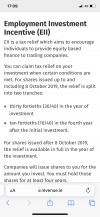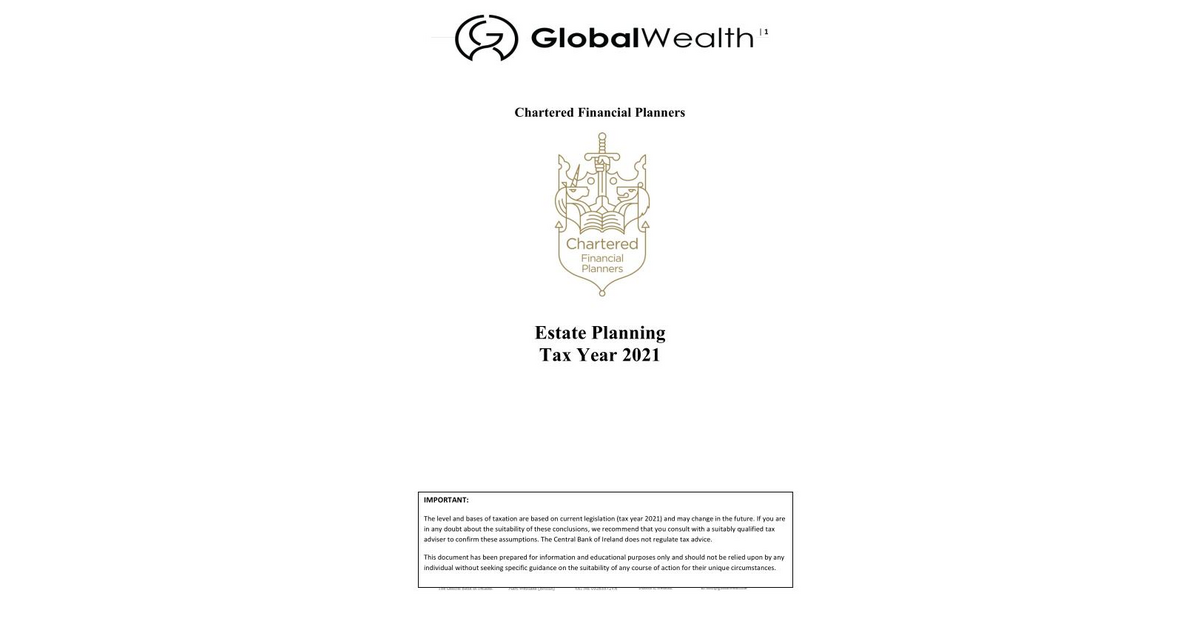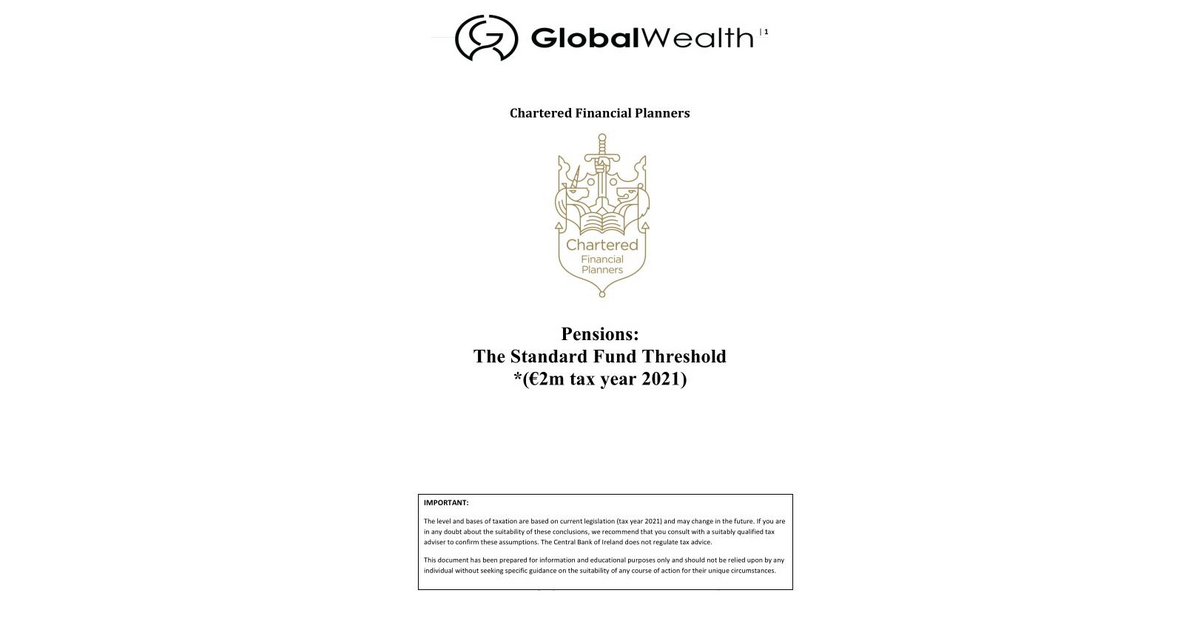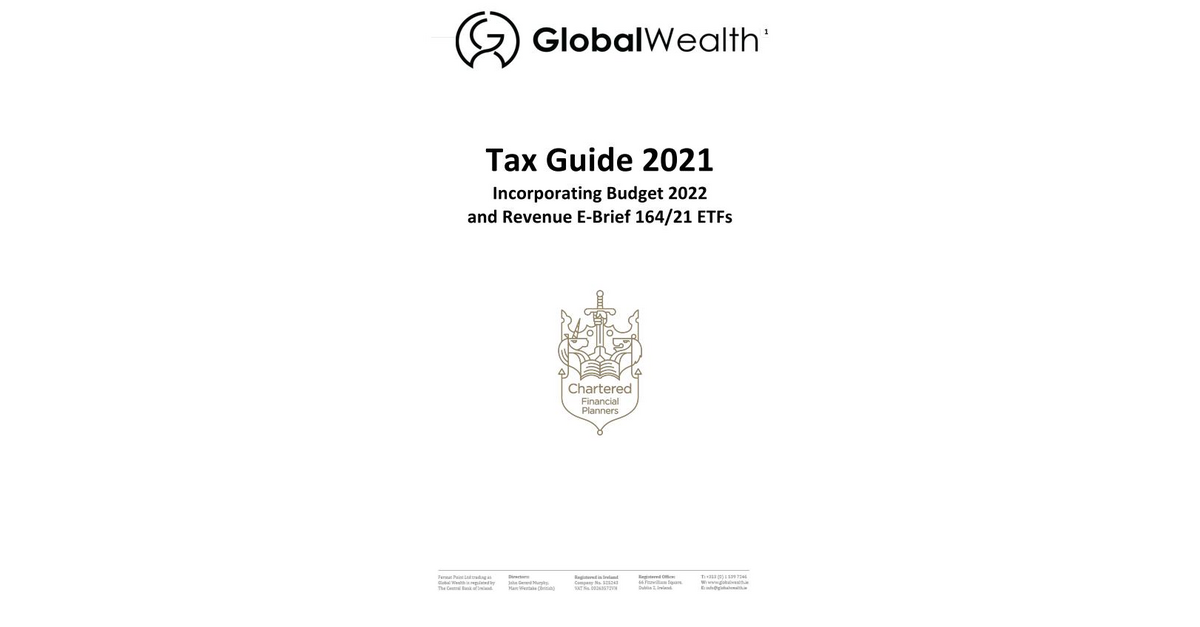I have a number of open ended investment products in multi asset funds in Life/investment Companies which generally have worked well for me.
I have no debt or money worries thankfully. I have not insignificant non-mortgaged Irish property assets which are largely conservatively managed to benefit family members & a few of their friends as short term tenants on a college year basis. Fully tax compliant & works well with a minimum of fuss.
I have no interest in being a landlord +/-buying more property either here or abroad ( a previous post some years ago might explain why). I do intend funding a substantial deposit to each of my kids when the time comes for them to buy a home.
I have a good income & am building a substantial pension fund. I am self employed. I intend to keep working to my early 60’s at least. I want for nothing; have a moderate lifestyle; money is not my god. I have no interest in complex inheritance or financial planning.
I now actively focus on keeping my financial life simple & straightforward. Lessons have been learned from previous poor investment strategy & an over reliance on financial advisors who were barely disguised snake oil salesmen. The Celtic Tiger has a lot to answer for !. I have no interest in chasing ‘an extra 1%’ if you know what I mean. I have no interest in direct share investment. I invest annually in a repeat high end bespoke de-risked EII mechanism which has & continues to work well for me.
I have a mid range 6 figure sum that I am now wishing to invest. This is long term money which I am most unlikely to require access to in the next 10 years (if ever personally). I have a high 6 figure sum invested in the already mentioned funds.
My question is, with my profile as outlined above, whether it make more sense generally from a charging structure to invest the monies in the existing products or to place the money in 2-3 new fund products as I am being advised to after sone initial discussions.
I am all in favour of spreading investments aa a general risk mitigation strategy. My amateur but informed view is that a) neither I nor anyone can predict future performance so more individual investment products may not necessarily benefit if all are in some form of multi asset funds b) the inescapable 41% 8 year exit tax & 1% initial charge means that significant long term upside performance is unlikely anyway & I have always invested before now with an overall strategy to match or very slightly beat inflation. c) with a) & b) above attempting to minimise initial & ongoing charges becomes fundamental in assessing such investment options.
Anyway I am all ears to any sensible advice or opinion.
I have no debt or money worries thankfully. I have not insignificant non-mortgaged Irish property assets which are largely conservatively managed to benefit family members & a few of their friends as short term tenants on a college year basis. Fully tax compliant & works well with a minimum of fuss.
I have no interest in being a landlord +/-buying more property either here or abroad ( a previous post some years ago might explain why). I do intend funding a substantial deposit to each of my kids when the time comes for them to buy a home.
I have a good income & am building a substantial pension fund. I am self employed. I intend to keep working to my early 60’s at least. I want for nothing; have a moderate lifestyle; money is not my god. I have no interest in complex inheritance or financial planning.
I now actively focus on keeping my financial life simple & straightforward. Lessons have been learned from previous poor investment strategy & an over reliance on financial advisors who were barely disguised snake oil salesmen. The Celtic Tiger has a lot to answer for !. I have no interest in chasing ‘an extra 1%’ if you know what I mean. I have no interest in direct share investment. I invest annually in a repeat high end bespoke de-risked EII mechanism which has & continues to work well for me.
I have a mid range 6 figure sum that I am now wishing to invest. This is long term money which I am most unlikely to require access to in the next 10 years (if ever personally). I have a high 6 figure sum invested in the already mentioned funds.
My question is, with my profile as outlined above, whether it make more sense generally from a charging structure to invest the monies in the existing products or to place the money in 2-3 new fund products as I am being advised to after sone initial discussions.
I am all in favour of spreading investments aa a general risk mitigation strategy. My amateur but informed view is that a) neither I nor anyone can predict future performance so more individual investment products may not necessarily benefit if all are in some form of multi asset funds b) the inescapable 41% 8 year exit tax & 1% initial charge means that significant long term upside performance is unlikely anyway & I have always invested before now with an overall strategy to match or very slightly beat inflation. c) with a) & b) above attempting to minimise initial & ongoing charges becomes fundamental in assessing such investment options.
Anyway I am all ears to any sensible advice or opinion.




